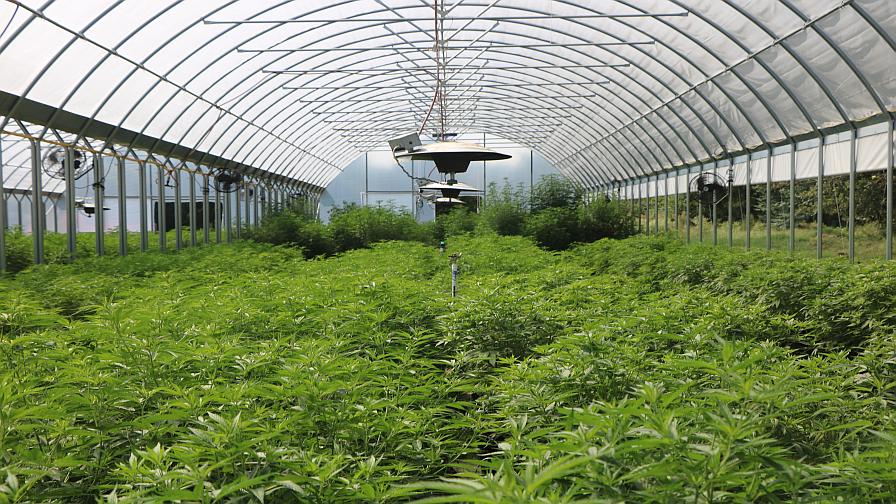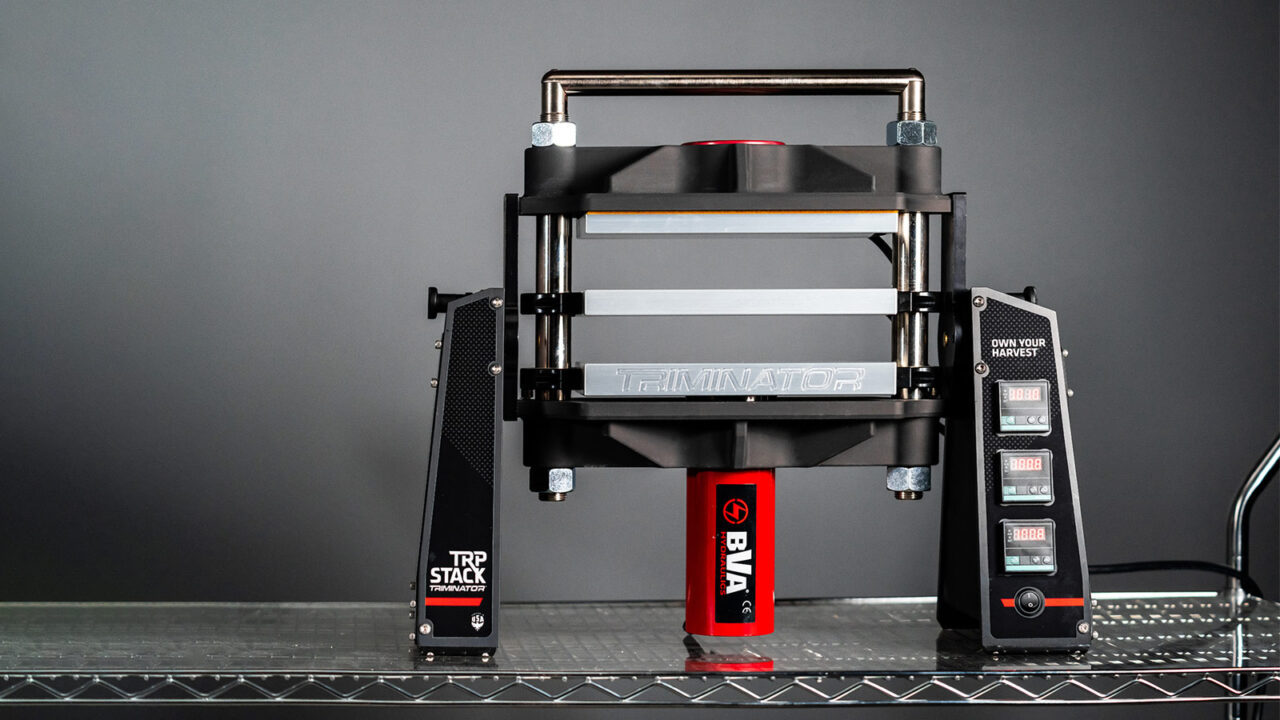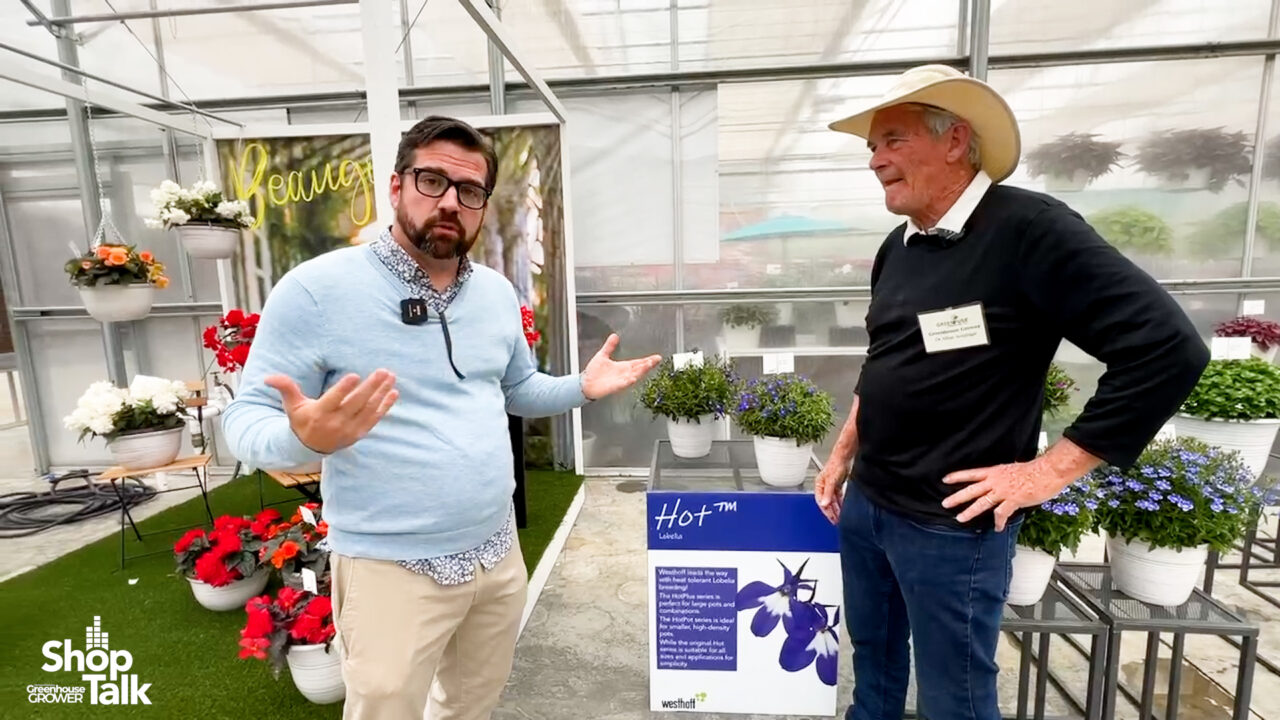Eco Economics
Over the course of a year, it seems like the interest in sustainability and organics has gone from a quiet niche to surround sound.
In the most simplistic sense, sustainability is eliminating negative environmental impacts as much as possible by reusing, reducing and recycling. It touches every aspect of our lives — the food we eat, our daily commutes, the types of cars we drive and the materials our homes, offices and all the products we buy and throw away are made of.
Although more socialistic economies and governments in Europe and Canada have had a collective interest in sustainability for many years, it most likely will be capitalism and a more benevolent big-business environment that makes it mainstream in the United States. Wal-Mart and The Home Depot are more powerful than EPA.
In a report I read about Wal-Mart’s sustainability strategy, I learned that of the world’s 100 largest economic entities, 42 are now corporations, not countries. I also learned about the power of one compact fluorescent lamp to reduce electricity use by 80 percent, prevent 220 pounds of coal from being burned and keep more than 8 traditional light bulbs out of landfills. Take that same light bulb and multiply it times each Wal-Mart customer and that’s where the real power for change lies.
This is a business initiative, not an environmental one, and Wal-Mart is creating “Sustainable Value Networks” across all product lines and its operations. Wal-Mart’s goal is for 20 percent of its supply base to be engaged in three years. Every product will be scrutinized for opportunities to increase quantifiable business benefits and environmental benefits. Communicating these benefits to consumers could lead to premium pricing, depending on the product and perceived value.
The Home Depot also has introduced Eco Options, a new product line designed to highlight environmentally-friendly products in the categories of “Healthy Home,” “Clean Air” and “Clean Water,” all of which are a natural fit for our industry. Bonnie Plant Farm will be supplying Home Depot with one SKU of organic herbs and vegetables. Just think of the opportunities with native plants and green roofs.
When I stood on top of the skyscraper green roof at Chicago City Hall during the America In Bloom symposium in 2003, the concept was considered unique and unusual. Now most developers and architects are interested and the green building movement is getting stronger every day.
Just during the first week of February in Greater Cleveland, residents like myself saw a big article on “tips on thinking ‘green’ when buying, remodeling” in the home section of the Sunday paper, and could see “The Green Building Movement” exhibit at the big Home & Garden Show or attend a sustainability symposium at Cleveland Botanical Garden.
Mainstream America is ready to embrace these concepts. We just need to help, participate and benefit — be part of the solution.
We’re encouraged by the leadership we’re already seeing in the industry. Ball Horticultural Co. is certifying growers in its environmentally friendly EasyScape program. The Plug Connection is producing USDA-certified organic herb and vegetable plugs. Growers are trialing biodegradable pots in production and at retail. American Nursery & Landscape Association just had inspirational sustainability guru William McDonough as its keynote speaker at its Management Clinic.
Think of sustainability as the next industrial revolution. Don’t let this opportunity to provide more value pass you by.









